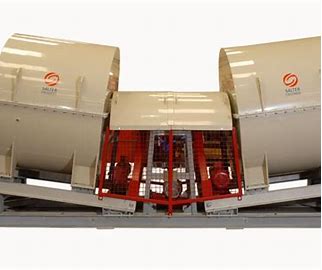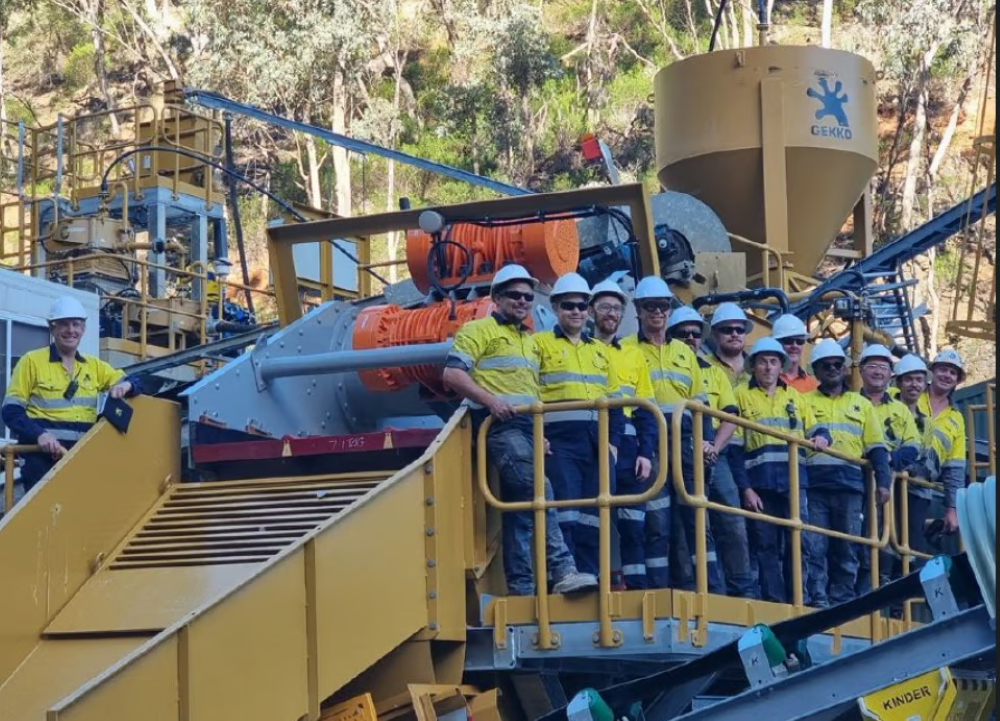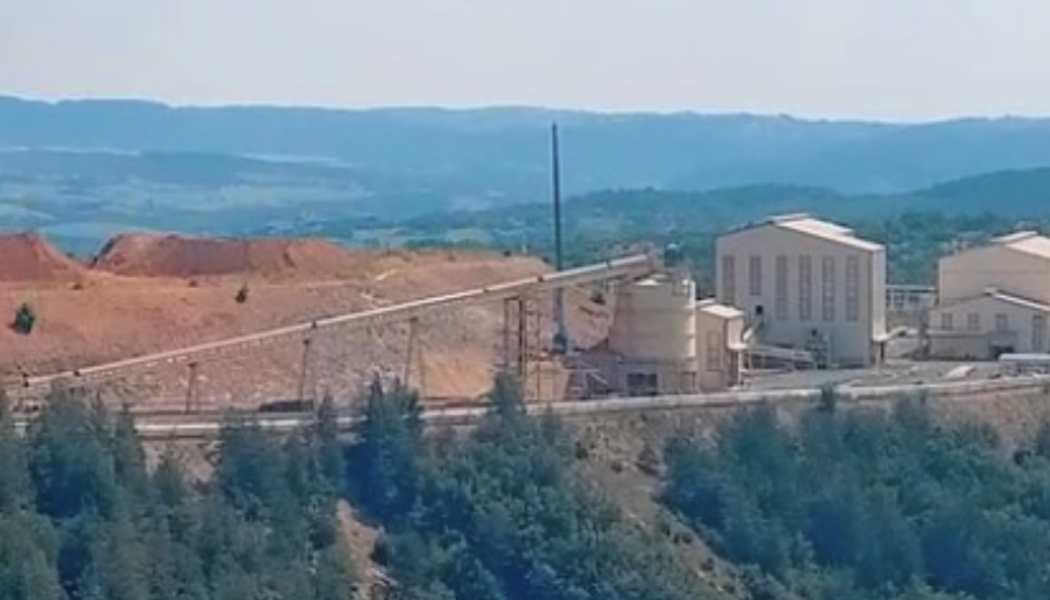I think that I will remember October 2005 as the month that the popular media woke up to all that can go wrong when the international mining community finds deposits in far-flung corners of the world. Tales of bribery, conflict, abuse, catastrophe and death seemed to be everywhere I turned.
The first item in the daily press that caught my eye was a five-part series in The Ottawa Citizen. First I learned that the U.S. Federal Bureau of Investigation was looking into allegations that TVI Pacific made payoffs to terrorists in the Philippines. Reporter Kelly Patterson looked into many mining-related conflicts and environmental problems around the world, particularly those involving Canadian corporations. She wrote a well-researched, unsensationalized series balanced by devoting one article to the good things that Canadian companies do for people in the countries that host rich deposits.
While I was happy to see that mining is front page news, I was not so happy that the industry's dirty laundry was being aired. We in the industry have heard about many of the problems at mining operations near and far. We don't deny it. We also know that mineral extraction can be accomplished with tremendous economic and social benefits for local communities. It is such positive accomplishments that we want brought to the attention of the general public.
Next I learned that the federal government had rejected an all-party call for regulation of the overseas operations of Canadian mining companies. Regulation was proposed to hold operators accountable under Canadian law for upholding human rights and environmental standards overseas. The government declined to pursue the matter saying that it prefers Canadian companies comply voluntarily with guidelines such as those for sustainable development created by the Mining Association of Canada.
Then last night, I sat down with great anticipation to watch PBS's Frontline show which tackled Newmont Mining's Yanacocha mine in Peru. The television show aired in conjunction with an investigative series which began Oct. 24 in the New York Times. (The Times' series on gold mining may be read at www.NYTimes.com after completing a free registration on the site.) The PBS report was heavy on the politics of mining in Peru, particularly the manoeuvrings of Newmont to gain full control of the mine. But it also touched on the notorious mercury spill that occurred in 2000.
A contractor transporting mercury to the Yanacocha mine spilled 150 kg along 40 km of road, according to the New York Times. I learned while in Peru last winter that the villagers, knowing only that mercury had something to do with recovering gold, collected the toxic metal, even boiling in their homes it in the hope of creating a little wealth for themselves. The result was many poisonings and several deaths.
Environmental disasters are to be avoided whether they affect a few dozen villagers or render vast landscapes uninhabitable. We applaud responsible mining companies which devote time and money to prevention through education, technology and corporate leadership. Unfortunately, the part of the solution calling for money often eludes smaller companies which lack the deep pockets of the large enterprises. Until there are binding global standards for environmental protection, some of the industry will do little more than pay lip service to the problem.
I am a firm believer that environmental protection is technically possible. I am not so sure that the complex politics of mining overseas can be solved. Each foreign government, and many are corrupt let's face it, have their own regulations and licensing processes. They also have their own cultures which may include off-the-books payments to those in power or those in positions to disrupt exploration and mining activity.
Much of the reason the mining industry's dirty laundry is being aired now is that environmental, religious and non-governmental organizations are increasingly vocal in their opposition to mineral extraction by even the most responsible members of the industry. Such groups have a role to play in promoting human rights and responsible stewardship of the land, but I disagree with their tactics. Rather than battling individual projects, they should be insisting that local governments create and enforce protective laws.
Much that has been written about the mining industry lately pertains to gold producers. Our readers should be aware that there is a growing movement to create a demand for "clean gold", that which is recovered without the use of cyanide. If changing recovery technology is feasible and economic, gold miners could reduce opposition to their projects. Keep in mind that the Kimberley Process that removed "blood diamonds" from international trade was supported by diamond miners. The "clean gold" goal is one that should be examined.





Comments